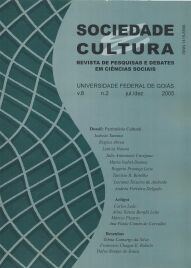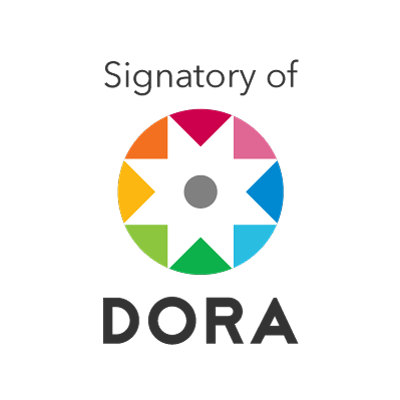Sistema alimentar e patrimônio imaterial: o chouriço no Seridó
DOI:
https://doi.org/10.5216/sec.v8i2.1012Resumo
O artigo apresenta dados etnográficos da festa da matança de porco e da produção de um doce – o chouriço na região do Seridó, no Rio Grande do Norte. Apresentado como um dos elementos definidores da identidade seridoense, o doce é analisado aqui como patrimônio imaterial. Se o consumo de alimentos está ligado a espaços, tempos, práticas, situações e comportamentos coletivamente vividos e imaginados, com a análise dessa prática alimentar, temos a oportunidade de explorar um sistema alimentar que informa sobre a organização e a lógica simbólica da sociedade sertaneja: é a ocasião de trocas, distribuições e retribuições quando se realiza o exercício da reciprocidade, apesar de esses alimentos serem revestidos de tabus e interdições. Durante a festa é possível percebermos elementos do sistema simbólico local (valores, crenças, representações e tabus) e dos aspectos sociais. O forte simbolismo que envolve a carne de porco e o sangue, bem como a sua ingestão, está relacionado a fatores simbólicos, sociais e imaginários. Fatores estes responsáveis pela transformação de alimentos proibidos em “alimentos-dádiva” que são capazes de gerar relações sociais e revelar uma cultura tradicional ainda performativa. Palavras-chave: sistema alimentar; identidade; tradição; festa; patrimônio imaterialDownloads
Não há dados estatísticos.
Downloads
Publicado
2007-12-05
Como Citar
CAVIGNAC, JULIE ANTOINETTE; DANTAS, MARIA ISABEL. Sistema alimentar e patrimônio imaterial: o chouriço no Seridó. Sociedade e Cultura, Goiânia, v. 8, n. 2, 2007. DOI: 10.5216/sec.v8i2.1012. Disponível em: https://revistas.ufg.br/fcs/article/view/1012. Acesso em: 13 fev. 2026.
Edição
Seção
Dossiê
Licença
Autores/as que publicam nesta revista concordam com os seguintes termos:
- Autores/as mantêm os direitos autorais e concedem à revista o direito de primeira publicação, sendo o trabalho simultaneamente licenciado sob a Creative Commons Attribution License, o que permite o compartilhamento do trabalho com reconhecimento de autoria e da publicação inicial nesta revista.
- Autores/as têm autorização para assumir contratos adicionais separadamente, para distribuição não exclusiva da versão do trabalho publicada nesta revista (ex.: publicar em repositório institucional ou como capítulo de livro), com reconhecimento de autoria e da publicação inicial nesta revista.
- Autores/as têm permissão e são estimulados/as a publicar e a distribuir seu trabalho online (ex.: em repositórios institucionais ou na sua página pessoal) a qualquer ponto antes ou durante o processo editorial, já que isso pode gerar alterações produtivas, bem como aumentar o impacto e a citação do trabalho publicado (veja O Efeito do Acesso Livre).


 Esta revista está licenciada sob a licença
Esta revista está licenciada sob a licença 
